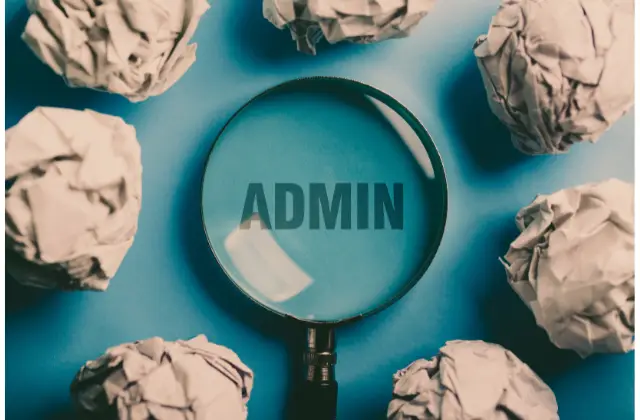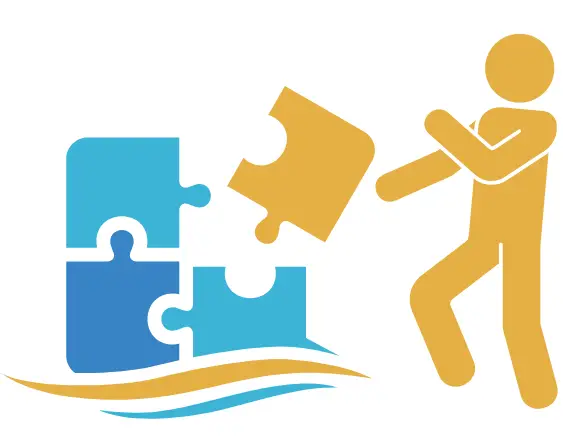The usual tasks of a CRM Administrator: optimize your customer relationship management
In a world where customer relationship management (CRM) plays a crucial role in business success, the role of a CRM administrator is becoming increasingly essential. CRM administrators are the custodians of CRM systems, ensuring that these complex tools are used optimally to improve the efficiency of business processes, increase customer satisfaction and, ultimately, drive business growth. In this article, we explore the typical tasks of a CRM administrator, illustrating how these professionals contribute to maximizing the value of CRM for the organization.

The usual tasks of a CRM Administrator
Training for users and key users
One of the main responsibilities of a CRM administrator is to ensure that users understand and use the CRM system effectively.
- Organizing and leading training sessions: Plan and run training sessions tailored to new users as well as experienced users seeking to deepen their skills.
- Creation of teaching materials : Develop user guides, video tutorials and FAQs to facilitate ongoing learning.
- Live Support : Provide real-time support during training sessions or new feature deployments to ensure smooth adoption.
Technical and functional support
Technical and functional support is at the heart of a CRM administrator's responsibilities, ensuring that the system runs optimally and that users receive the help they need.
- Daily assistance : Answering questions and resolving user problems concerning the day-to-day use of CRM.
- Ticket management : Handle support tickets, quickly identifying problems and proposing effective solutions.
- System maintenance : Perform regular checks to maintain CRM performance, including software updates and security patches.
Technical and functional documentation
Documentation is essential to ensure that all stakeholders understand how to use and administer CRM.
- User manuals : Write and maintain explanatory documents detailing the use of CRM.
- Standard procedures : Develop procedures for routine and critical tasks, ensuring uniformity of practice.
- Technical documentation : Provide technical specifications to help developers and other technical stakeholders understand the inner workings of CRM.
Designing reports and dashboards
A CRM administrator helps teams extract valuable insights from customer data through customized reports and dashboards.
- Needs Analysis : Work with key users to identify reporting needs.
- Creating reports : Develop customized reports to meet the specific requirements of sales and management teams.
- Intuitive Dashboards : Design interactive, visually appealing dashboards to facilitate decision-making.
- Report optimization : Improve and update existing reports in line with user feedback and new requirements.
Data management
Data management is crucial to ensuring the quality and integrity of information in CRM.
- Data quality : Ensure the accuracy and consistency of customer data.
- Data import and export : Manage import and export processes to integrate or extract data.
- Data security : Implement security measures to protect sensitive data and comply with regulations.
CRM customization and configuration
CRM administrators customize and configure the system to meet specific business needs.
- Interface customization : Adapt the user interface to improve the user experience.
- Feature configuration : Activate and configure the functionalities needed to optimize business processes.
- Process Automation : Create and maintain automated workflows to increase operational efficiency.
Collaboration and communication
Working closely with diverse teams is essential to understanding their needs and providing tailored solutions.
- Coordination with the Teams : Collaborate with sales, marketing and customer service teams to ensure that CRM meets their requirements.
- Feedback and Continuous Improvement : Gather and analyze user feedback to continuously improve CRM and related services.
As you can see, the role of a CRM administrator is multifaceted and essential to the smooth operation of the CRM tool within a company. By providing appropriate training, efficient technical support, rigorous data management, and facilitating system customization and configuration, these professionals ensure that CRM becomes a genuine performance lever. Their ongoing collaboration with the company's various teams ensures that CRM constantly evolves to meet changing needs, maximizing its value and making a significant contribution to the organization's success.
